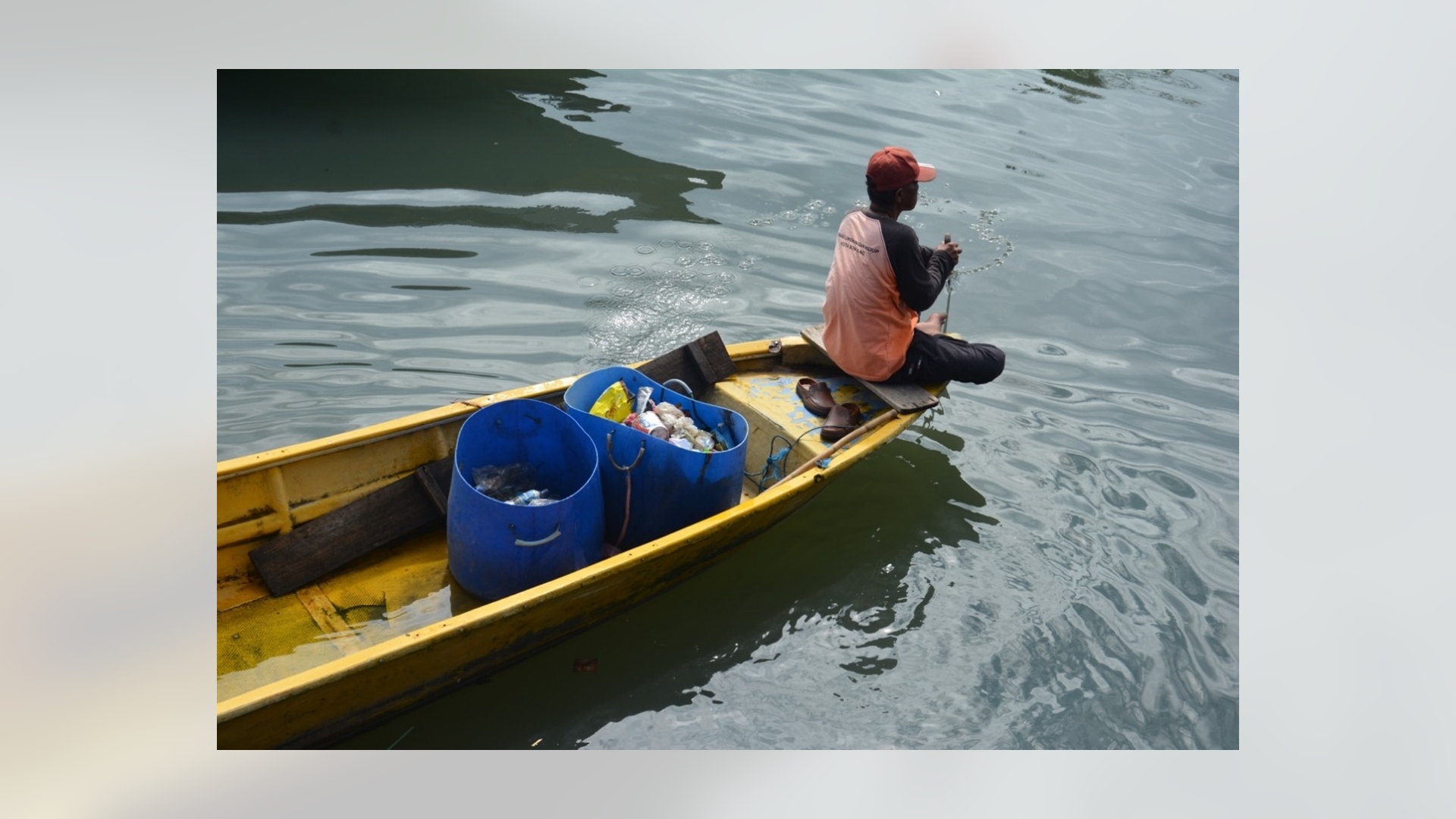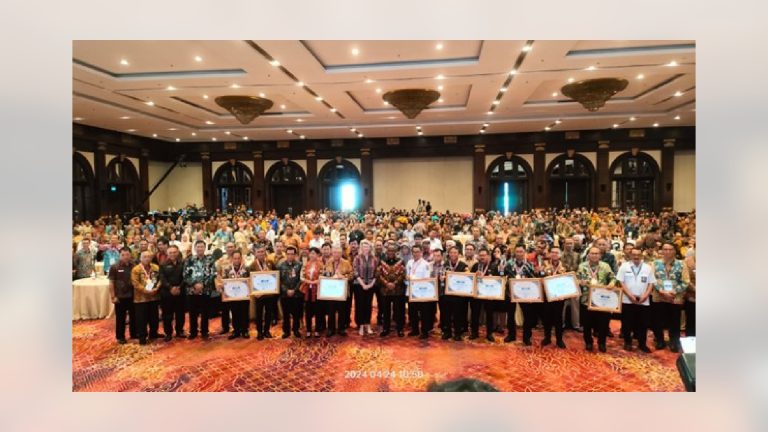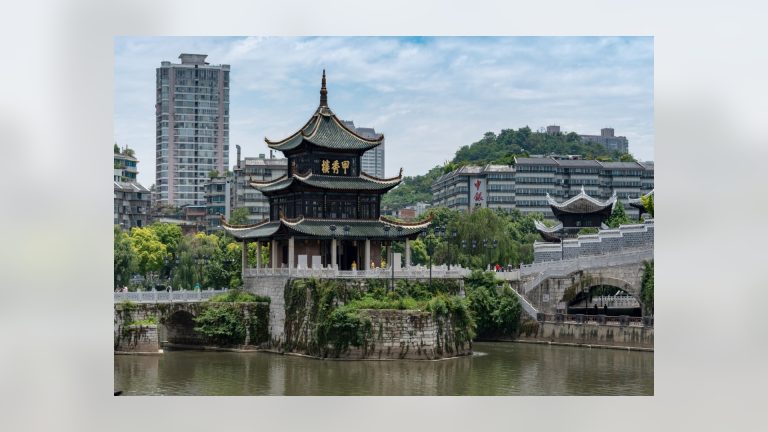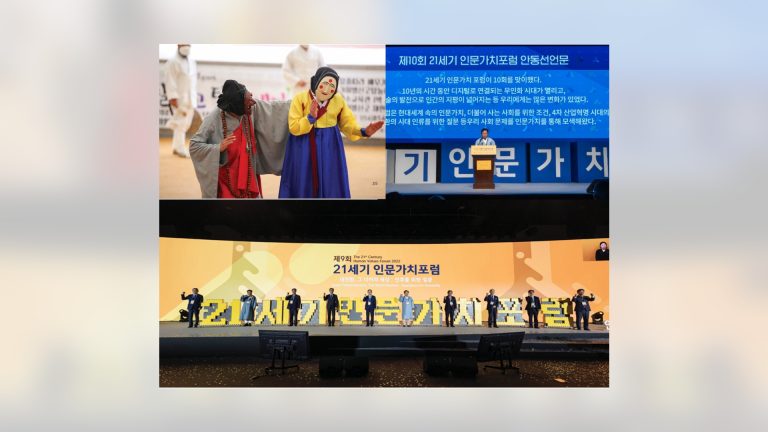September 12 – 14, 2023 | Bontang – UCLG ASPAC Secretariat has assisted and facilitated the initiative of Jeju Special Self-Governing Province (supported by KOICA), an active member of UCLG ASPAC, to transfer the knowledge and good practice on waste management to Bontang City (Indonesia) since the beginning of 2023. The “Transfer Project System” has now proceeded to a site survey marked by the Jeju visit to Bontang.
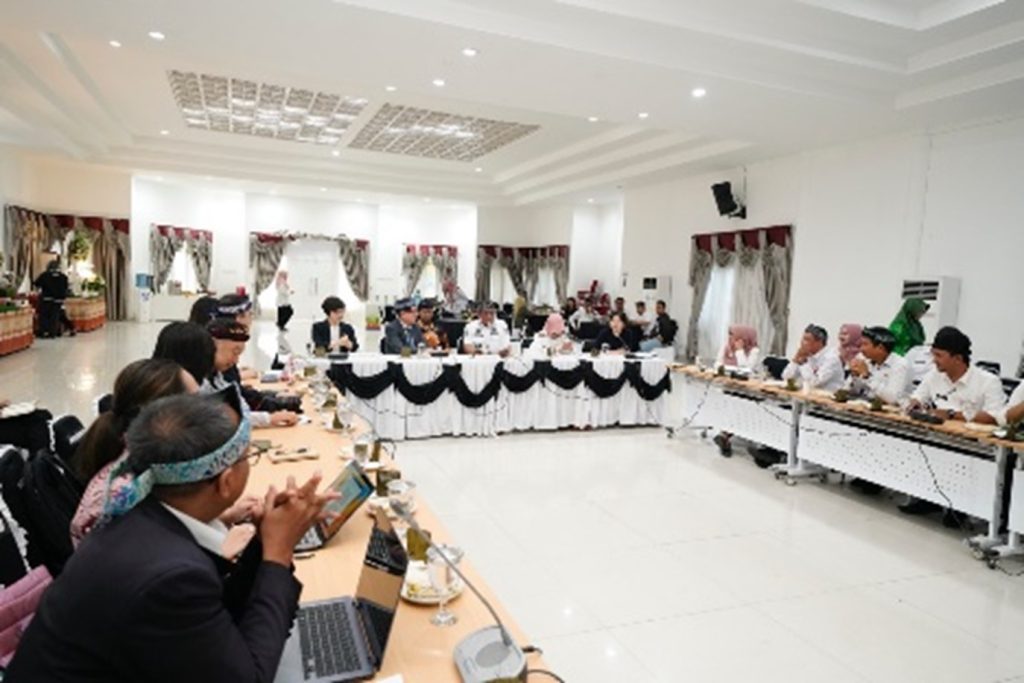
Mayor Basri Rase of Bontang City welcomed the arrival of the Jeju International Development Cooperation Centre team to assess the waste situation the city. In the opening remarks, he mentioned that the city has 186,000 residents and the total waste at the end of 2023 will reach 38,000 tons. However, the lifespan of the landfill is estimated less than five years, therefore further action is urgently needed. The city of Bontang expects to convert its waste into electricity and would like the programme to be sustainable.
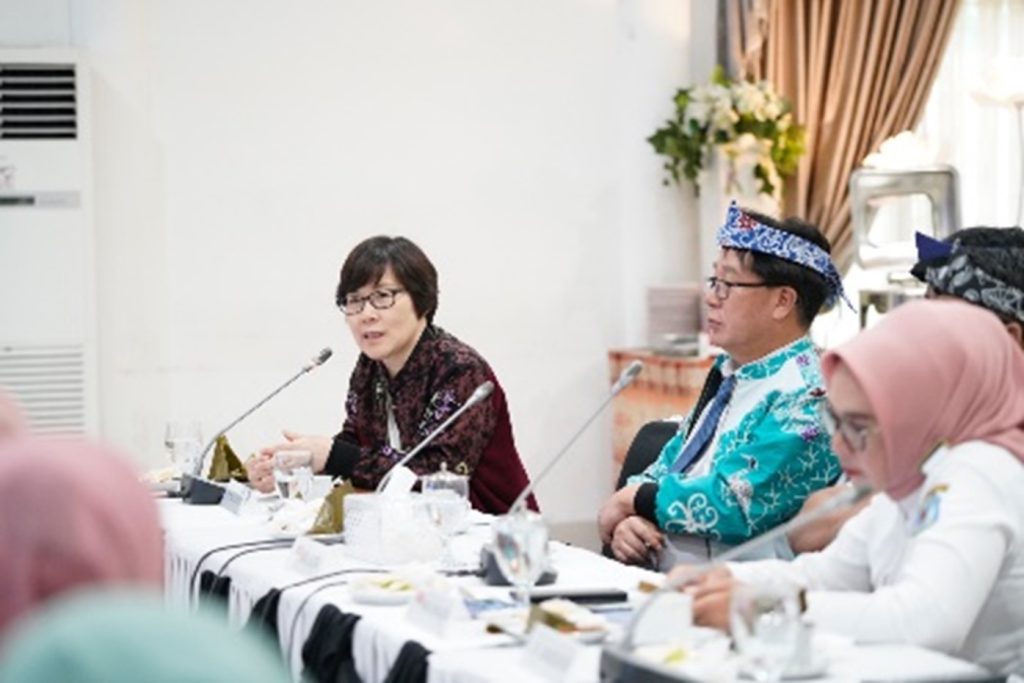
Mrs. Jinsuk Kim, representing Jeju City, presented the successful waste management in Jeju. She shared that the city has a waste management division and that in Jeju, waste management is important, but education to the community is also crucial. Until 2005, household waste was disposed in front of the house resulted in pollution in Jeju. In 2006, Jeju developed the Clean House System that regulates household waste disposal. Every household is required to collect their waste using special plastic bags and to dispose them to garbage bins installed by city government in targeted areas, such as parking area and alleyways (currently there are 1828 sets of garbage bins/Clean House Station). The Jeju government is also active in engaging with the community, cleaning the sea, rivers, roads, and the city centre.
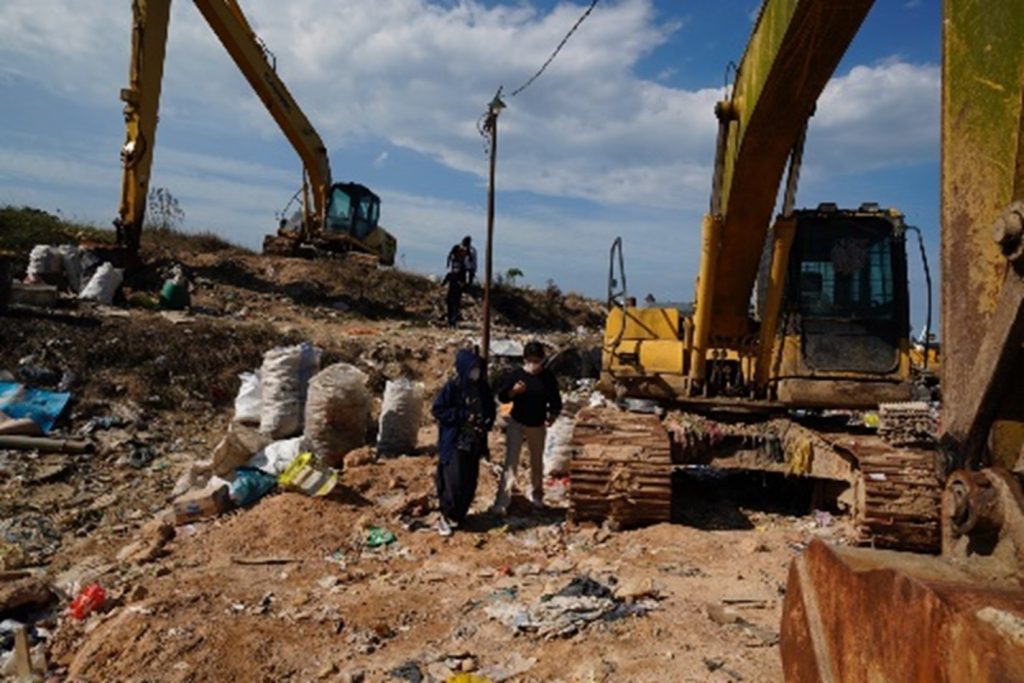
Transfer Project System, the transfer of knowledge and good practice on waste management is expected to be a success. Jeju, with the expected funding support of KOICA, plans to construct waste management facilities in Bontang and conduct training to local government and the community, for better awareness in waste management and creating new habit. This also aims to bring solution to the biggest problem in Bontang City, which is the waste sorting process. At the moment, waste segregation is only about 10%.
*****








